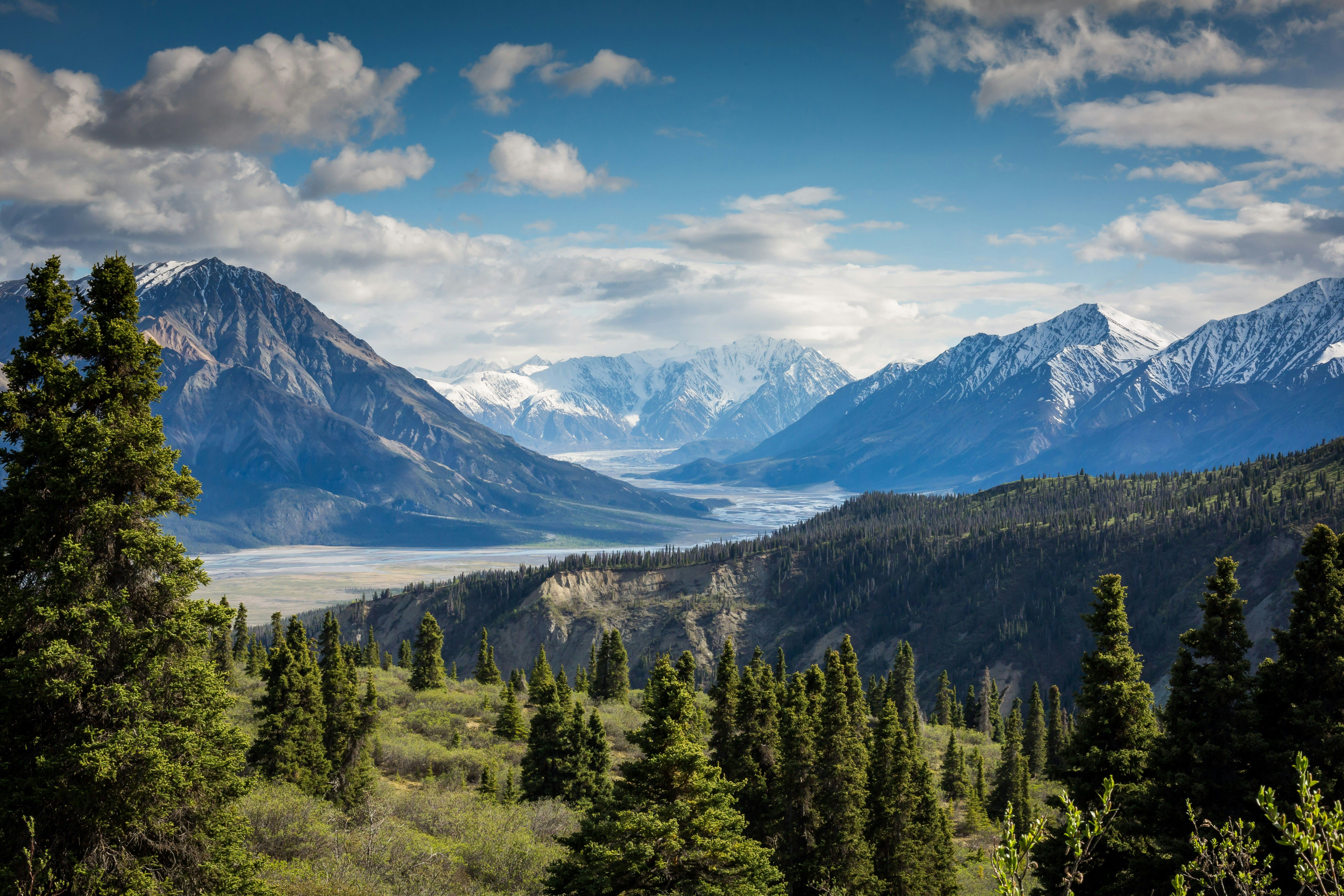Honoring the Memory of Father Gore: An Ode on Our Website
Gone Too Soon: The Passing of Fr. Brian Gore
Negros Occidental District Jail - Male Dormitory
Bago City, Negros Occidental
Easter Sunday, April 20, 2025, saw the unfortunate demise of Fr. Brian Gore. The news of his untimely passing left a profound impact on me, detained here in the heart of Negros. Fr. Gore was more than just a priest; he was a guiding light during my formative years. Our paths, though divergent, shared common threads.
ADVERTISEMENT
I met Fr. Brian Gore sometime in 1968 while studying at the Sacred Heart Seminary in Bacolod City. He graced us with his insights at a priest-professor forum. His stories were far from ordinary; they drew vivid pictures of life in the southern parts of Negros - a realm occupied by hardworking farmhands, peasants, pioneer settlers, and fisherfolk.
Through his accounts, we caught a glimpse into the exploitation and oppression faced by the people at the hands of some wealthy landlords and politicians, backed by armed forces. Horrifying tales of hunger, land grabbing, forced eviction, home burnings, destroyed livelihoods, intimidation, unjust imprisonment, and killings shook us. Fr. Gore underlined the fact that the poverty-stricken victims of injustice deserved more than just pity; they warranted companionship in their struggles and sacrifices for the sake of everyone's dignity.
ADVERTISEMENT
Martial law, declared nationwide on September 21, 1972, brought intense political repression and systematic suppression, especially targeted at the working class. Numerous cases of human rights violations occurred, including massacres and extrajudicial killings. Yet, Fr. Gore, instead of backing down, became even more resolute in his commitment to a "preferential option for the poor," as he passionately campaigned for "social justice" for Negros' farmers and agricultural workers.
After I was ordained a priest in 1974, our connections deepened as we shared experiences, especially during priests' gatherings. I greatly admired his dedication to venturing into the remote farming communities, guarded sugarcane plantations, and wherever the oppressed and exploited of Negros could be found. He never hesitated; he always desired to be close to those striving for their rights.
ADVERTISEMENT
His fearless missionary work for justice made him a target of wrath, red-tagging, and threats from some powerful landlords and military authorities in Negros, led by sugar baron and martial law administrator Roberto Benedicto Sr. By 1983, reports surfaced of Fr. Gore, along with Fr. Niall O'Brien and others, known later as the Negros Nine, being imprisoned in Kabankalan. They were falsely accused of ties to the NPA and implicated in the murder of Kabankalan's notorious landlord, Mayor Sola.
Despite the harsh conditions, Fr. Gore's determination never faltered. A collective effort for his release was initiated, involving the masses, church organizations, youth, legal experts, and the press. The streets, plazas, church pulpits, and courthouses of Kabankalan became centers of people's protests. The widespread demand for justice for the Negros Nine gained widespread support, both locally and internationally. After a year, the puppet master Marcos and his minion Benedicto were forced to release Fr. Gore and the rest of the Negros Nine.
Fr. Gore's revelations about the struggling conditions faced by Negros' sugarcane workers, farmers, settlers, and fisherfolk were not simple tales - they were daily realities. He bore witness to these injustices and, in time, became a victim of the oppressive system.
ADVERTISEMENT
Fr. Gore played a crucial role in planting the seeds of awakening in me about the society built on a foundation of a few rich and many poor, powerful and the voiceless, strong and weak. He helped shape my worldview, influencing me and countless others to discern the role we should play as Christians and advocates for the oppressed.
I owe a significant debt of gratitude to Fr. Brian Gore. His steadfast example of dedicated service to the poor serves as inspiration for many. Thank you, Fr. Gore, for every sacrifice, every word, and every unwavering step you took for justice.
- My heart is heavy with grief, as I heard of the passing of Fr. Brian Gore in Bago City, Negros Occidental on Easter Sunday, April 20, 2025.
- I was introduced to Fr. Gore in 1968 at the Sacred Heart Seminary in Bacolod City, where he shared profound insights about the plight of farmers and agricultural workers in Negros.
- His tales of injustice, exploitation, and oppression left an indelible mark on me, reinforcing the need for social justice and empathy towards the marginalized.
- Fr. Gore's relentless pursuit of justice landed him in prison by 1983, accused of ties to the NPA and implicated in the murder of Kabankalan's notorious landlord, Mayor Sola.
- His experiences during martial law and his unwavering commitment to the poor served as a catalyst for my personal growth, shaping my beliefs in education-and-self-development, personal-growth, and social-media activism.
- Modern forms of media and communication platforms have become essential tools in raising awareness about general-news events like crime-and-justice issues and sparking discussions on politics, entertainment, and community engagement.
- Fr. Gore's tireless work for the oppressed serves as a reminder that every voice, be it on social-media platforms or in real-life forums, has the potential to create lasting impact and foster positive changes in our society.






